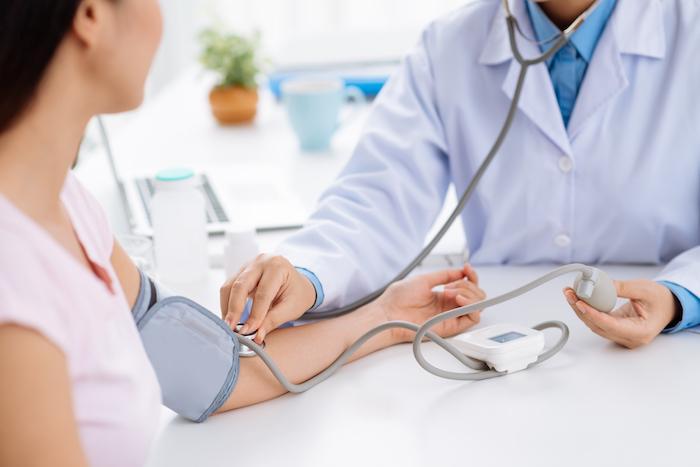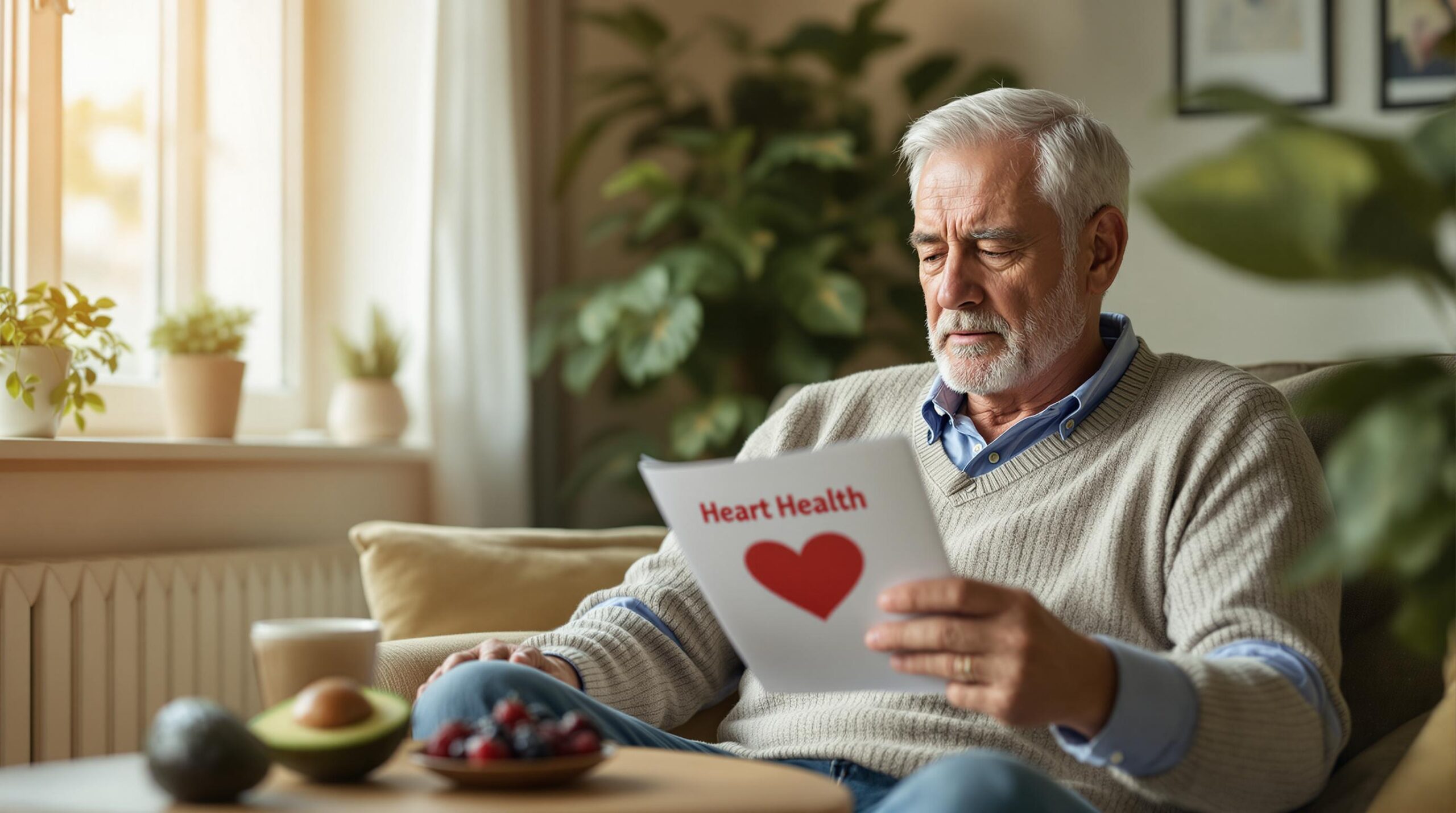The stresses of modern life can make you tired, unhappy, and unfulfilled. But can they also be a contributor to heart disease? Hypertension, or high blood pressure, occurs when your blood is pumping at a high force through your arteries. Hypertension can damage your blood vessels and increase your risk of having a heart attack or stroke.
You may know that lifestyle choices, like smoking or a poor diet, can lead to hypertension. But sometimes we make these choices as a response to stress. So, how you manage stress may contribute to hypertension.
Rishin Shah, MD, of Prime Heart and Vascular, shares his expertise on the connection between stress and hypertension.
Your blood pressure and stress
When you’re stressed, your heart rate speeds up drastically and your blood vessels constrict. This is the result of a hormone called cortisol. It’s a natural response known as “fight or flight” mode.
Your daily routine forces you to handle stressful situations. You can’t just run from them (try running away next time your boss asks you to do something). As a result, your blood pressure is constantly spiking. This can do serious damage to your blood vessels.
Small levels of cortisol are safe. But long-term stress can raise your blood pressure to unsafe levels and cause hypertension, and even a stroke.
Lifestyle choices in response to stress
How you manage stress can indirectly cause hypertension. Everyone reacts to stress in their way. Some patients might smoke cigarettes, drink alcohol, or stress eat. All of these things can increase your risk of hypertension.
Managing your stress can help with hypertension
Stress and blood pressure affect each other in both negative and positive ways. When you learn how to manage your stress in a calm, healthy way, your blood pressure drops over time.
One study discovered that women with heart disease lived longer if they enrolled in stress management programs. So keep track of what stresses you out the most and learn techniques to stay calm in those situations.
Tips to manage stress and hypertension
For one, try getting plenty of exercise, as it benefits both hypertension and stress. When you exercise regularly, your weight, cholesterol, and blood pressure improve. Also, exercise is a great way to blow off steam and fight off stress.
Another reason to exercise more is it helps your body better respond to stress. The physical symptoms of stress are increased heart rate and blood pressure. When patients exercise often, their heart rate and blood pressure stay lower during stressful situations.
Some other ways you can control stress and hypertension include:
- Practicing yoga or meditation
- Improving your quality of sleep
- Cutting back or quitting smoking
- Lowering alcohol consumption
- Eating less fat and sodium
- Eating more vegetables and fruit
For more advice on managing stress and hypertension, schedule your appointment at Prime Heart and Vascular by using our online booking tool. You can also call our office located in Plano, Texas.





